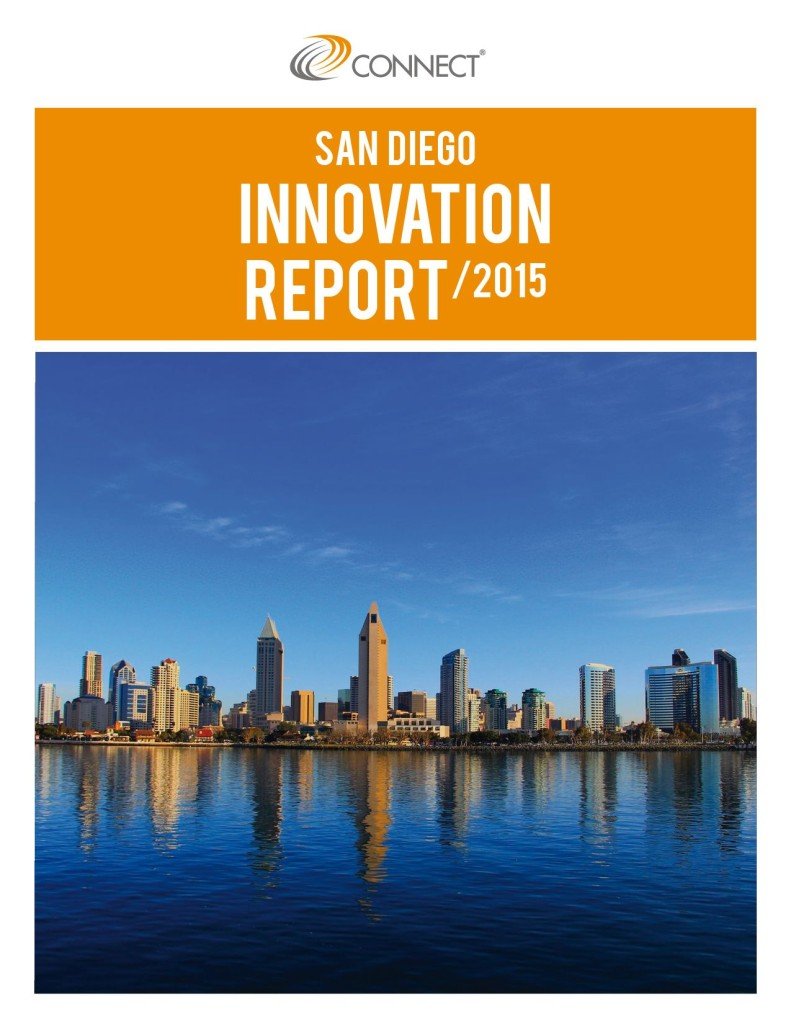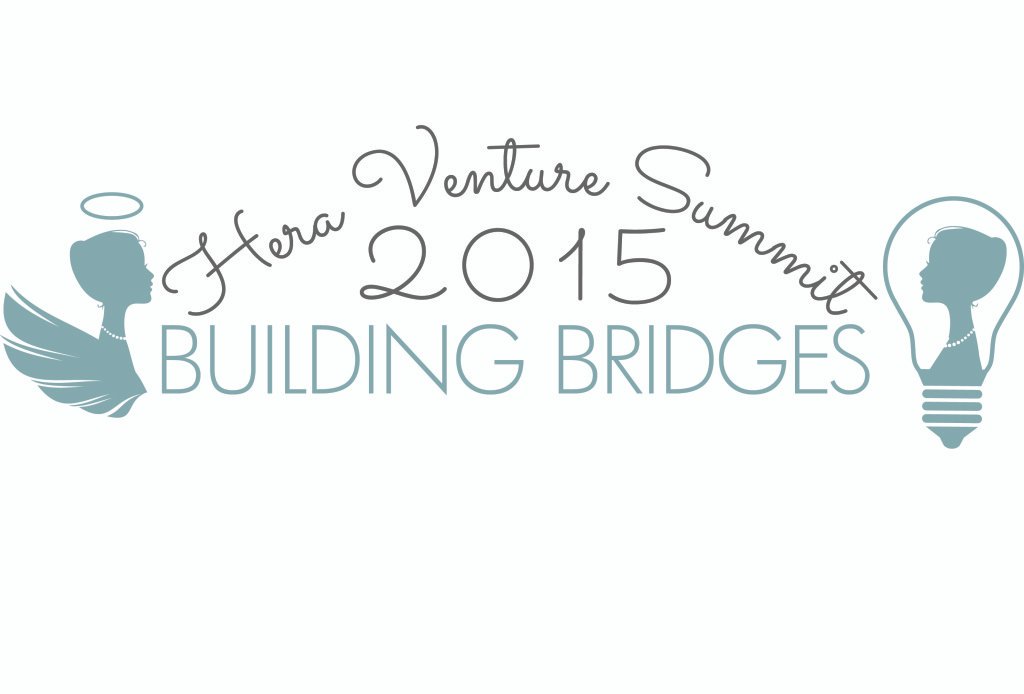TSG’s Highlights from the Connection Innovation Report: San Diego

CONNECT, a San Diego non-profit helping to create and scale innovation companies, assists entrepreneurs by providing resources that allow them to grow their business. Since 2005, they have measured the growth in economic innovation in San Diego. We highlighted the key findings of the report to showcase the advancement of San Diego’s entrepreneurial growth. We […]
5 Excellent Startup Tips on Securing a Bank Loan

It’s no secret that securing bank funding for your startup is difficult these days – but it’s not impossible. Give yourself better odds with these 5 simple Startup tips: Write a clear and convincing business plan. Business owners must build a strategy from the very beginning around being “lendable,” so a business plan helps lay […]
5 Reasons to Attend The USD V2 Pitch Competition For Entrepreneurs

On Thursday April 28th University of San Diego School of Business will hold an exciting competition in a “Shark Tank” like setting. Top student entrepreneurs from USD and Tijuana will compete for a total of $100,000 in cash and invaluable mentorship and support. The Startup Garage Team Compiled The Top 5 Reasons this is a […]
Crowdfunding For Equity: Title III and Equity Crowd Funding 101

What is Equity Crowdfunding? Equity crowdfunding is on the rise after the signing of the Jumpstart Our Business Startups (JOBS) Act was signed by President Obama in April 2012. Simply put, it is a type of crowdfunding that enables broad groups of investors to fund startup companies and small businesses in return for equity. Three […]
Why To Take Caution With Investor “Finders”

There are many service providers that offer to help startups with attracting investors, colloquially referred to as “finders.” While they prefer to be called business brokers or consultants, most finders are either CPAs, insurance brokers, retired executives, or former entrepreneurs. They mostly operate in the Angel landscape, targeting deals between $100K to $2M. Typically, they […]
Business Plan Writer vs. Business Plan Strategic Consultant

People often ask me, “What are my options for writing a business plan?” At the highest level, there are two options, writing it yourself or hiring someone else to do it for you. The benefits of writing the business plan yourself are that you will save money and you will learn a lot about your […]
Furry Innovation: Pets Are Startup Businesses New Best Friends

It’s no denying it, we love our pets and we’re willing to spend countless amounts of money in order to enhance their health, happiness, and even appearance. According to the American Pet Products Association an estimated $58.5 billion was spent on pets in 2014. With nearly $330 million on pet costumes for Halloween alone. From […]
7 Reasons Why Hera Venture Summit Is A Must Attend Startup Event

On Aug 4, 2015 The White House, Tech Giants, Entrepreneurs, and Venture Capitalists across America committed to invest in the future of women in business. A commitment that set the stage for previously untapped opportunities for female founders. Leading the forefront of female entrepreneurship is the conglomeration of Hera Hub= Female focused Co-working Space Hera […]
28 Essential Hashtags To Use For Your Startup Business

Hashtags or the #symbol were originally created as a way to categorize messages, making it easier for users to find messages with a specific theme or content. Hashtags ultimately help connect your Startup Business with an audience that shares similar interests, views, and insights. When used routinely along with captivating relevant content, hashtags have the […]
SEC Oks Equity Crowdfunding with Regulation A+ Changes to the JOBS Act

On March 25, 2015 the SEC amended Regulation A, commonly referred to as Reg. A+, to further implement Title IV of the JOBS Act. The amended regulation seeks to create an environment where emerging enterprises can efficiently raise public capital through crowdfunding. Historically, Reg A has not been widely used for two reasons: 1) the […]

